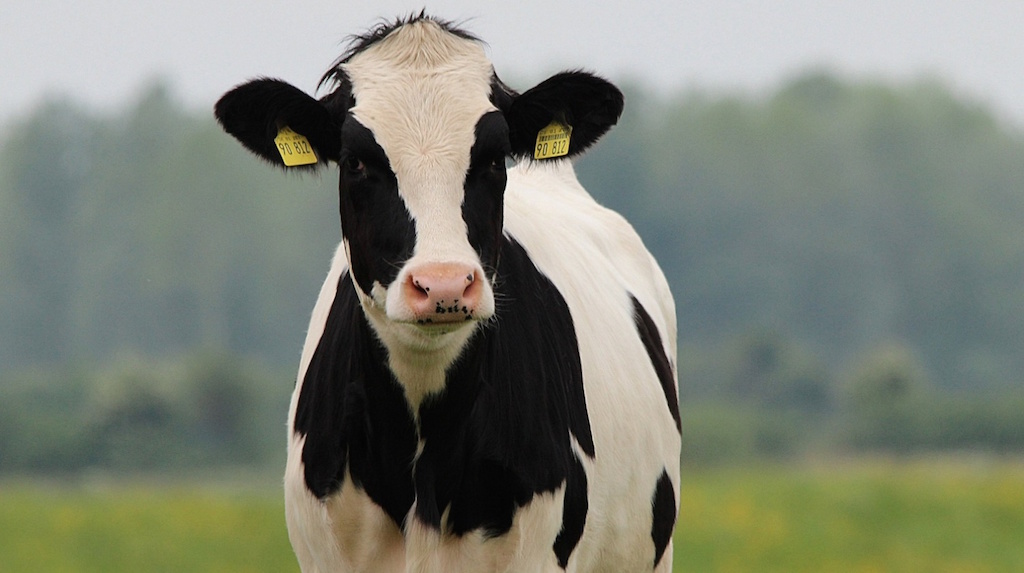No products in the cart.

Parasites have definitely cemented their place as the herds’ non-favourites since they are bound to affect the health and performance of the cattle. This leads to a surging downfall in the farm’s productivity and profitability. Hence, learning about the strategies to control the parasites is extremely important. So, let’s focus on the health of your cattle with the help of these strategies:
Copyright © 2021. Le-Mantus Pharmaceuticals Pvt. Ltd.